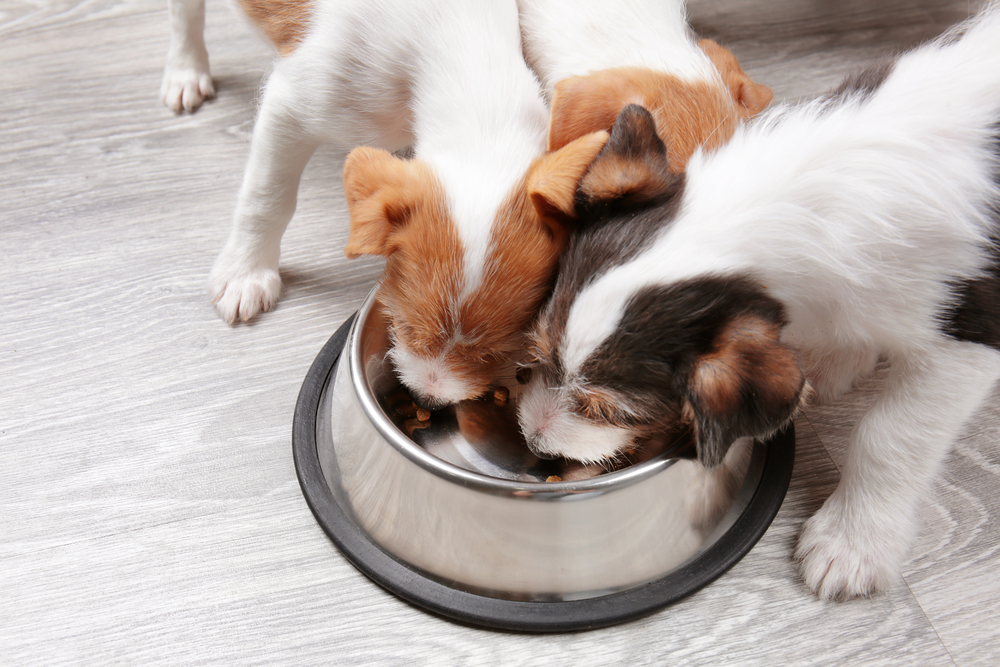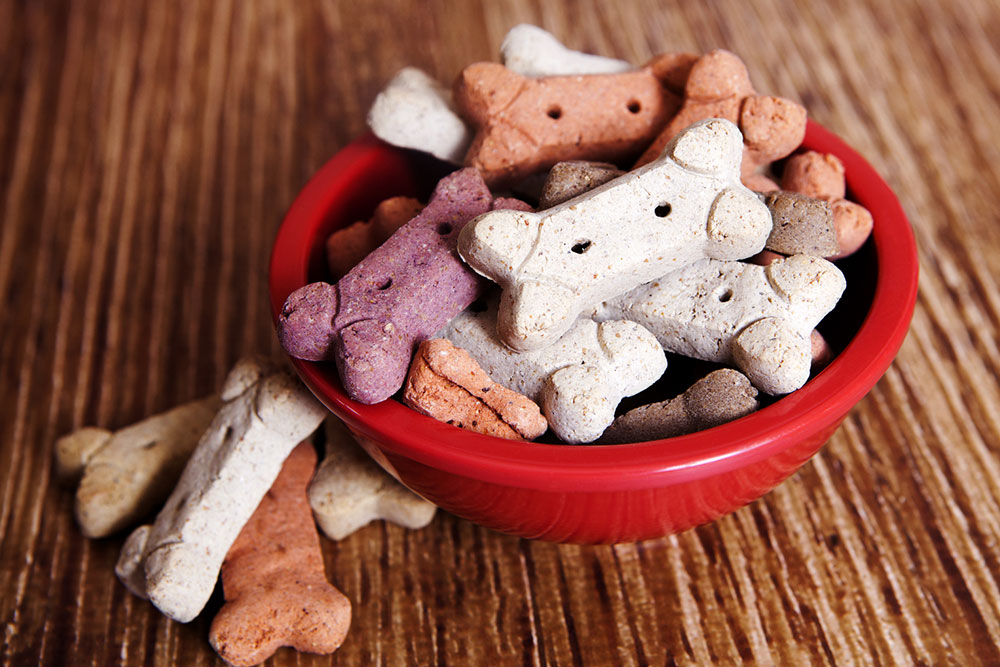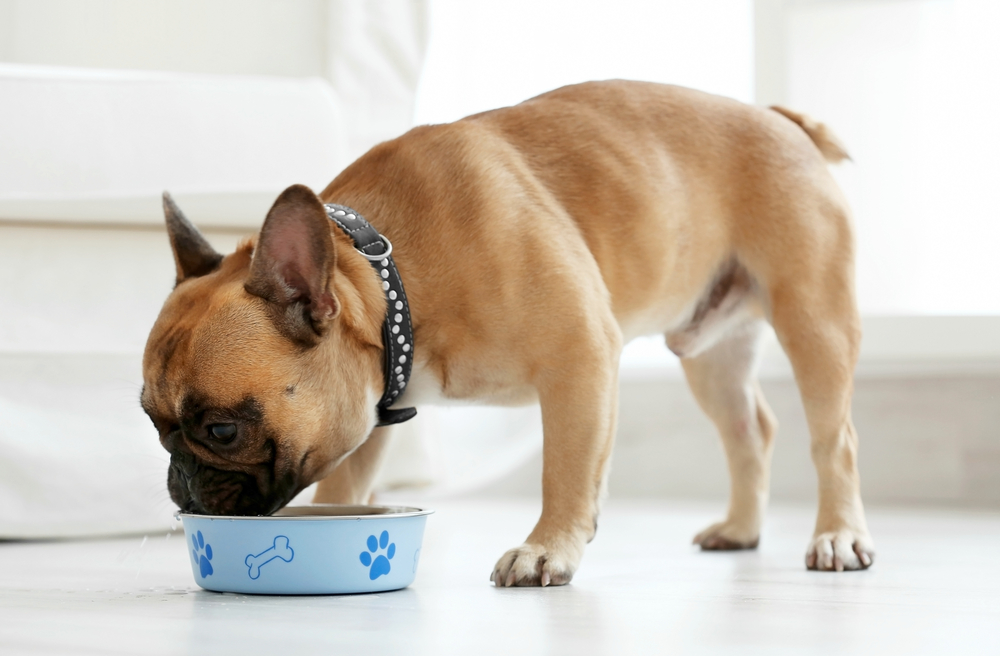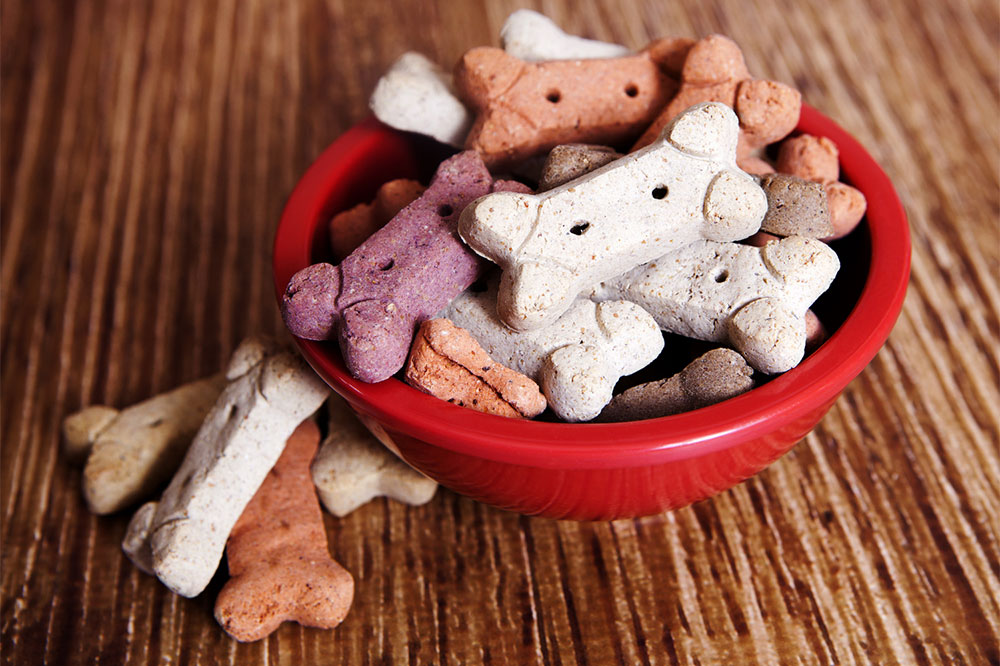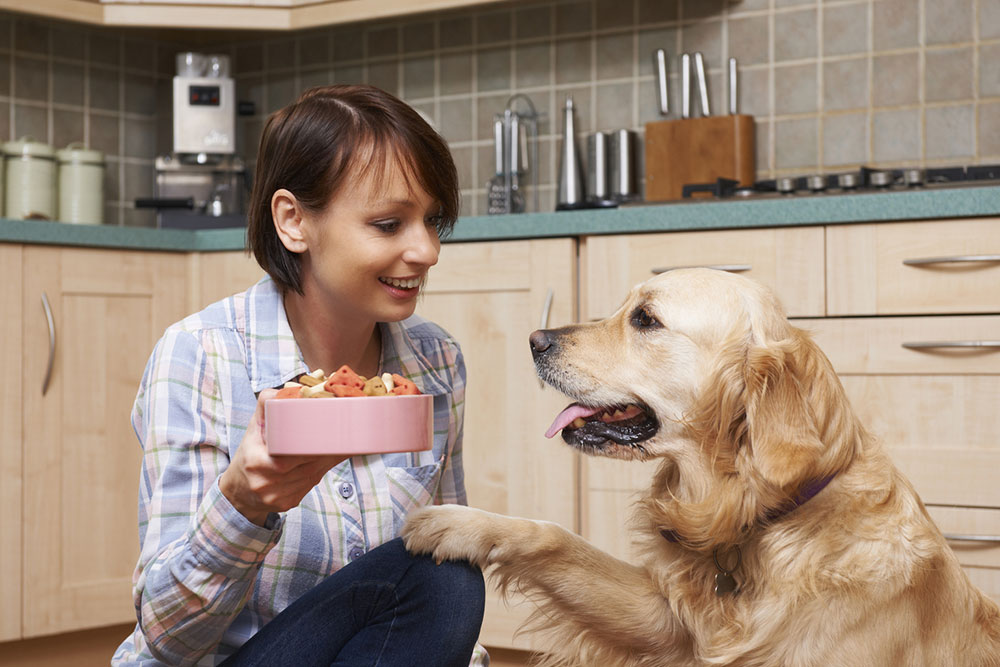Comprehensive Homemade Feeding Guide for Your German Shepherd Puppy’s Health and Growth
This comprehensive guide offers detailed homemade feeding tips for German Shepherd puppies, emphasizing balanced nutrition, safe ingredients, and health benefits. It covers protein sources, vegetables, fruits, and expert advice to help owners craft the ideal diet, ensuring their puppies grow healthy and strong through natural, homemade meals.

Comprehensive Homemade Feeding Guide for Your German Shepherd Puppy’s Health and Growth
German Shepherd puppies are known for their strength, intelligence, and loyalty. As a breed originally developed for herding and guarding, these dogs possess boundless energy and require optimal nutrition to support their rapid growth, physical development, and mental sharpness. Proper diet management isn’t just about filling their bowls; it’s about providing a balanced, nutrient-rich meal plan tailored to their specific needs. This article offers an in-depth look at homemade feeding tips to ensure your German Shepherd puppy's health, vitality, and happiness.
German Shepherds are predisposed to certain health issues such as autoimmune disorders, digestive sensitivities, allergies, and skin conditions. A carefully curated diet focusing on wholesome, natural ingredients can significantly reduce the risk of these health problems. Making homemade meals might seem daunting at first, but the long-term benefits — improved health, better digestion, and a stronger immune system — make it a worthwhile investment. In addition, homemade food allows you to control ingredients, avoid artificial additives, and customize meals to meet your puppy’s unique nutritional requirements.
Preparing homemade meals for your German Shepherd puppy might require extra effort, but it pays off in terms of their health and safety. Using fresh, natural ingredients free from preservatives and artificial flavors ensures your pet’s digestive system remains healthy. A balanced diet rich in essential nutrients, vitamins, and minerals plays a crucial role in supporting their skeletal development, muscle growth, and overall vitality. Always leverage advice from veterinary professionals or pet nutritionists to craft an optimal diet plan tailored specifically for your puppy’s age, weight, and health needs.
Protein forms the cornerstone of a puppy’s diet, especially for active breeds like German Shepherds. Incorporate high-quality sources such as lean meats, poultry, and fresh fish. Providing muscle meat, organ meats like liver, and meaty bones introduces a variety of amino acids and essential nutrients vital for growth. Dairy products like plain yogurt, cottage cheese, and eggs can serve as excellent supplementary sources of protein and calcium. While some owners prefer raw diets, cooked or a combination of raw and cooked foods can be more digestible and safer. Be sure to consult with a veterinarian to ensure your feeding choices align with your puppy’s health and safety guidelines, especially when considering raw feeding options.
Incorporating vegetables and fruits into your puppy’s diet adds antioxidants and essential nutrients. Green leafy vegetables such as spinach or kale (in moderation), and colorful vegetables like carrots, bell peppers, or cooked sweet potatoes bolster immune health and digestion. Fruits such as berries, apples, and bananas can be offered as treats but in moderation, due to their natural sugar content. Cooking vegetables lightly enhances nutrient absorption and makes digestion easier. Avoid harmful foods such as onions, garlic, grapes, and chocolate, which are toxic to dogs. Whole grains like oats, brown rice, or barley provide fiber and sustained energy, while raw vegetables act as healthy snack options. Homemade diets eliminate many contaminants found in commercial pet foods, making them a safer, more nutritious choice for your beloved puppy.

